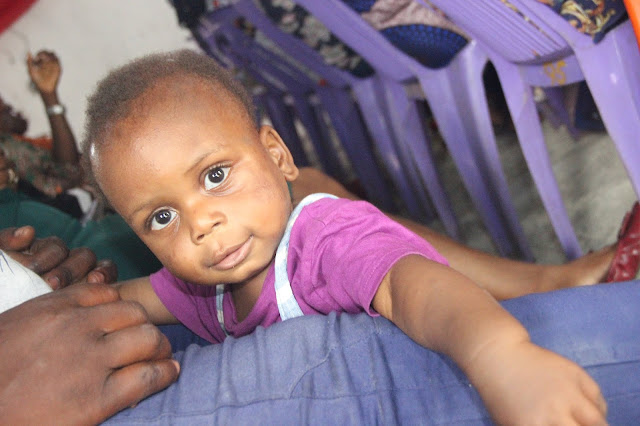Welcome to
Language Health Blog Page
Language Health is an initiation from LanguageSense Initiative.
Here we deal with every Language related issues from Language Acquisition to Development. We mitigate solutions to language disorders, Communication disorders, speech disorders and learning disorders.
We believe that our indigenous languages are rich and viable in all ramifications, thus considered as a taboo to go into extinction. We employ all strategy: personal communication, media and social media advocacy, focus gathering, strategic stakeholder mapping discussions, local community engagements and more to preach, facilitate, encourage and adjudicate the frequent utilization of our indigenous languages, transfer of the language through various means as teaching, speaking, writing, etc and developing the language using documentation (visual, audio and written) as basic tool.
We conduct professional trainings for schools, companies and organizations on Language/Communication related issues. We are also open for both private and public engagements on language matters.
Furthermore, we are open for invitations for seminars, workshop and trainings in the bid to build the capacity of the public in language related matters.
God Bless You.
Josiah Egbilika Chijindu (JEC)
President, LanguageSense Initiative
#LanguageSense #LanguageHealth
President, LanguageSense Initiative
#LanguageSense #LanguageHealth

Comments
Post a Comment